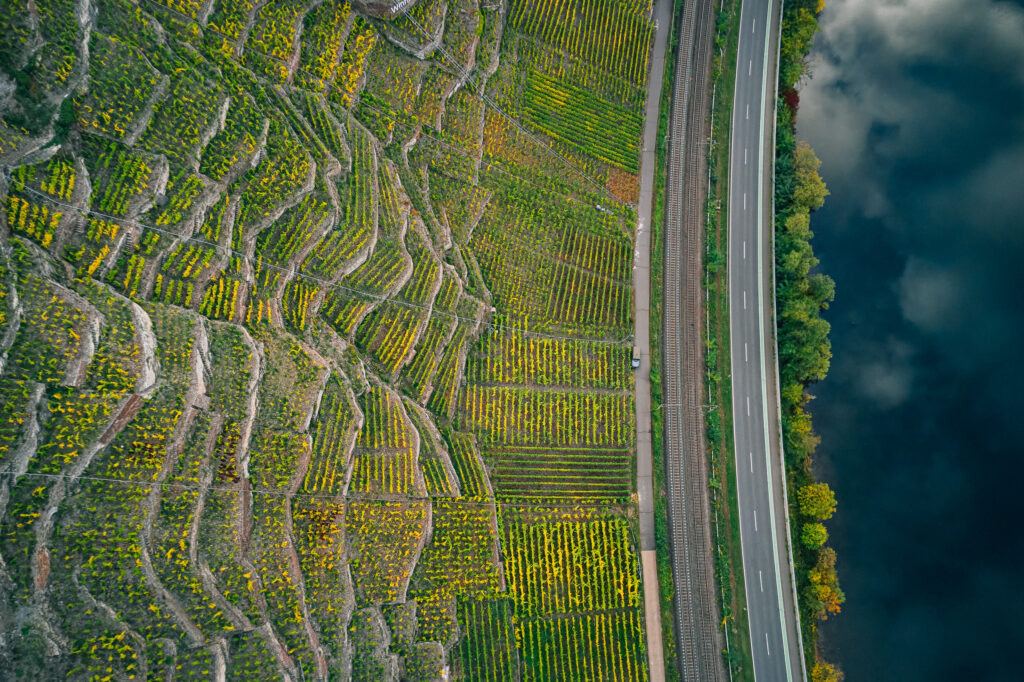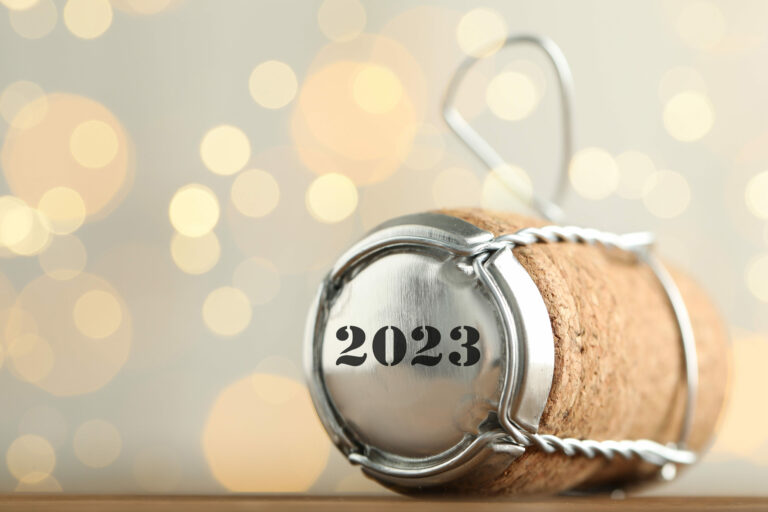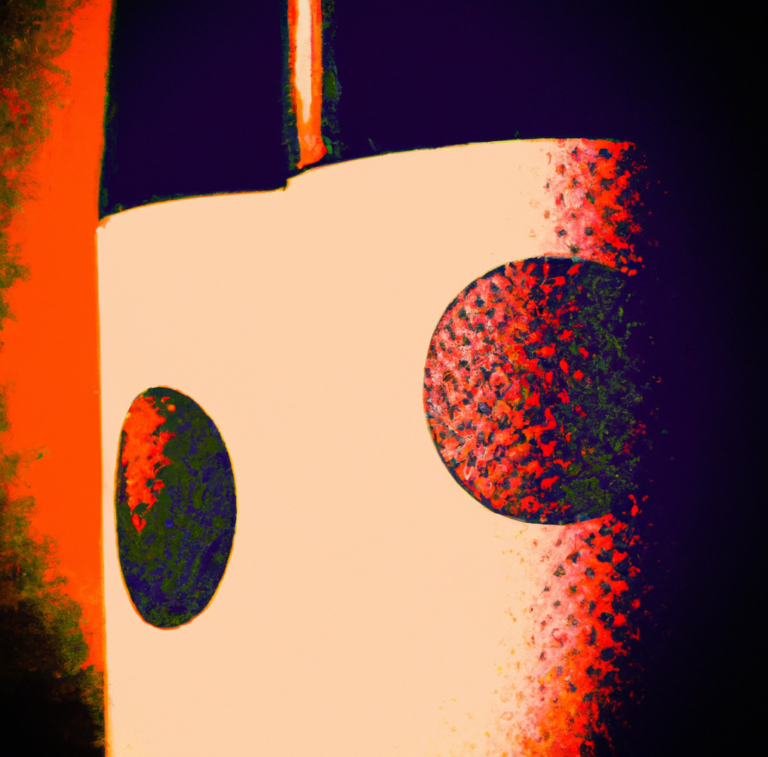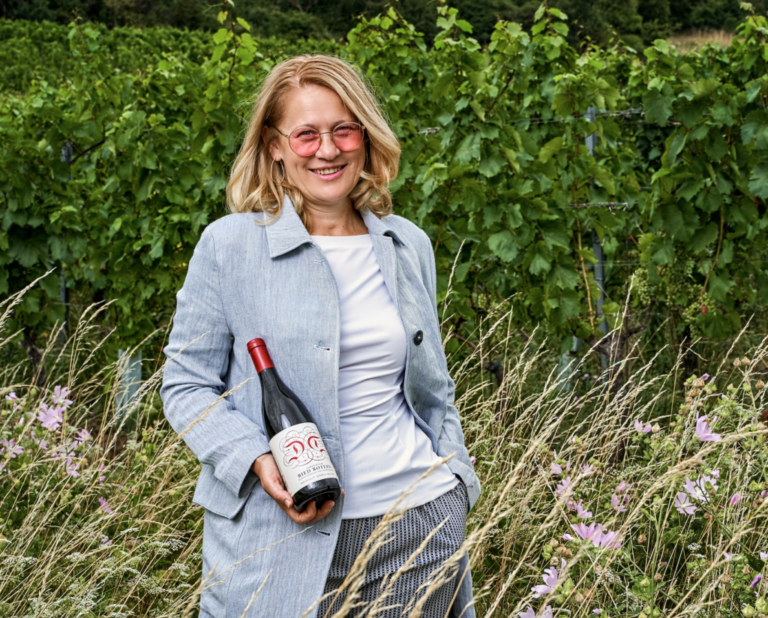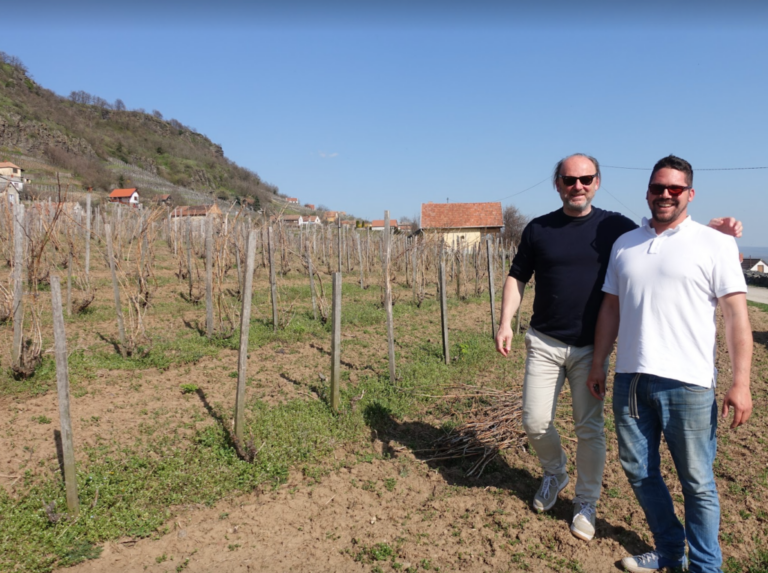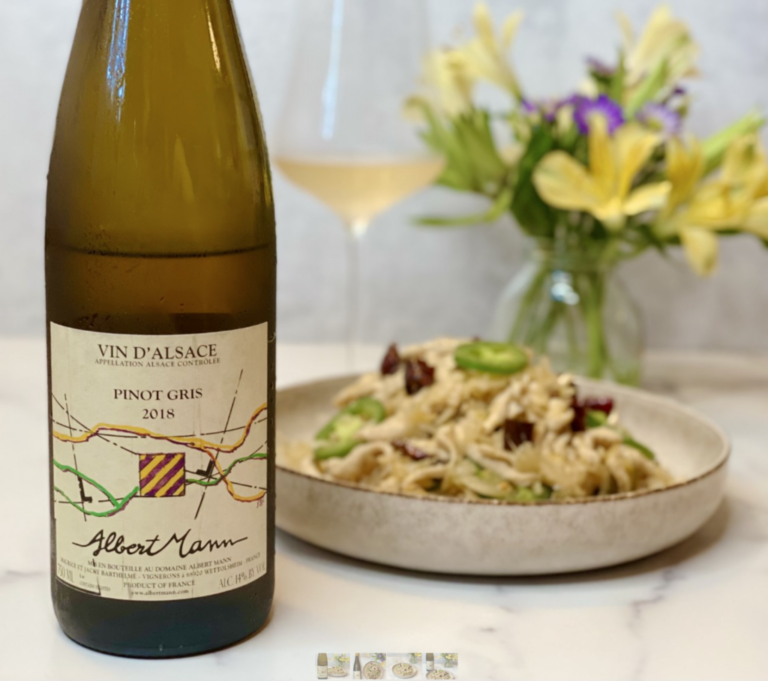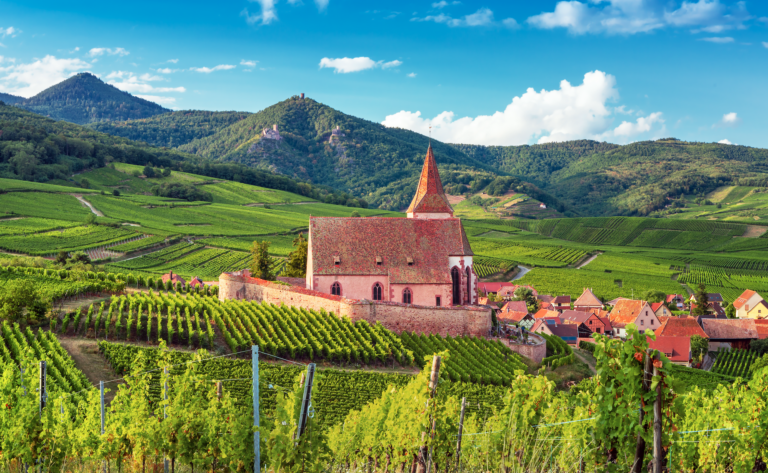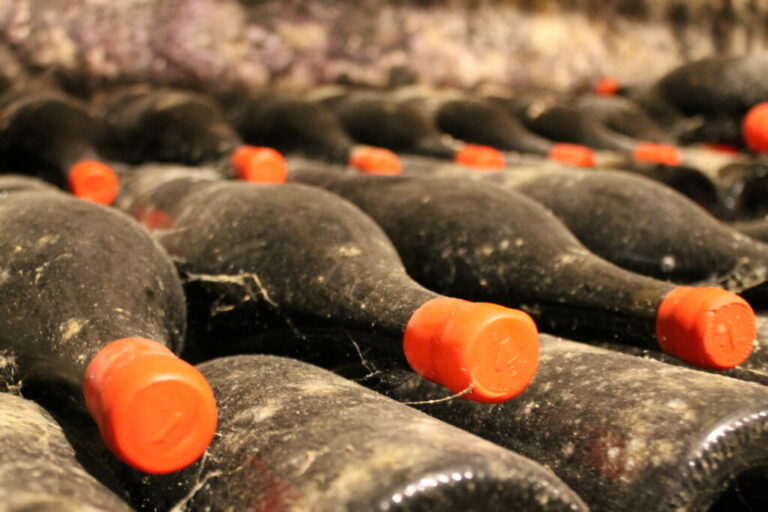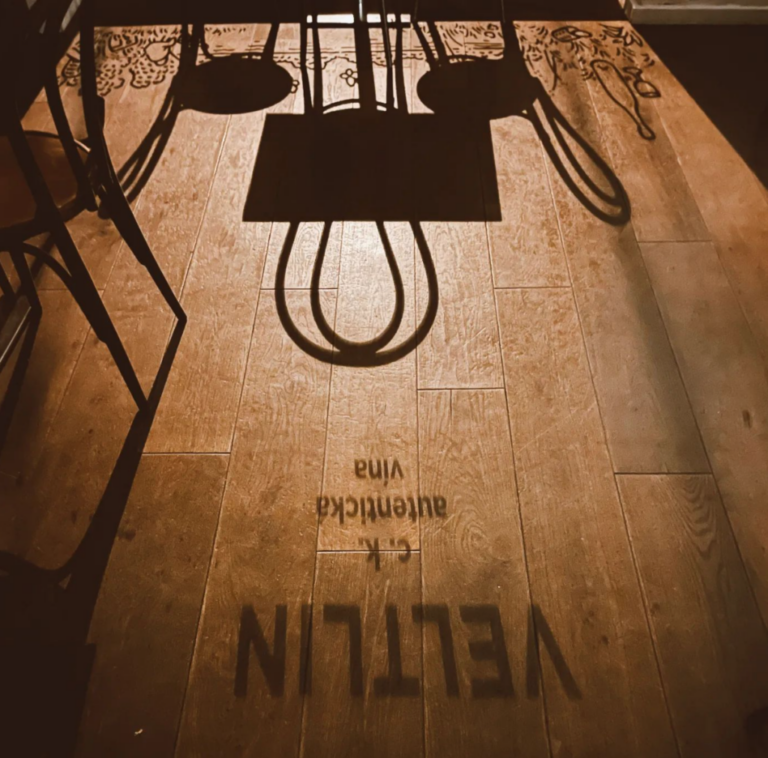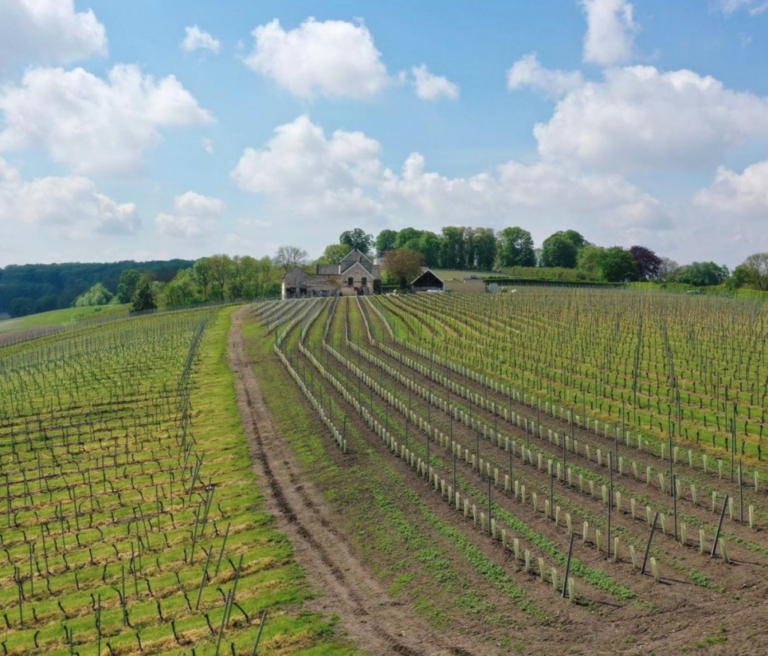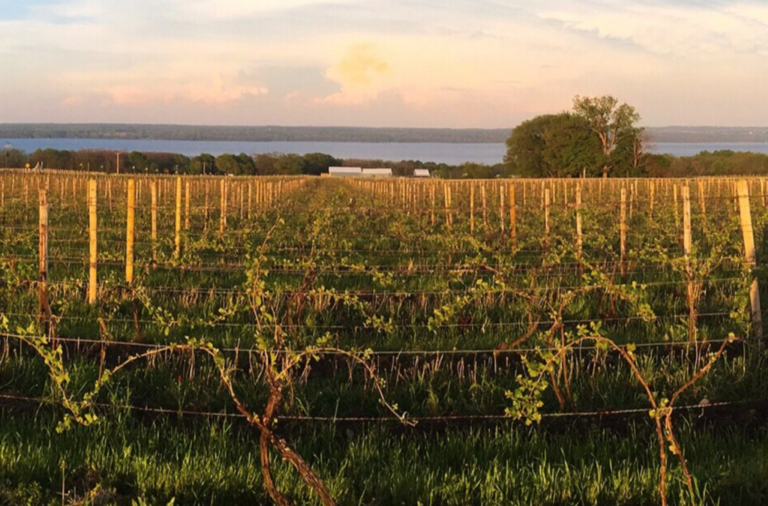Dear Readers,
We founded TRINK Magazine exactly three years ago this month with a clear vision: embracing the complexity — and even contradiction — needed to give context to the wines of German-speaking Europe.
Volume 17 “On the Verge” further elaborates on those aims. But just as a verge means both a brink or threshold (n.) and to be in transition (v.), this issue draws on that very duality, on becoming. This volume’s subjects turn our attention outward from our core regions to places and people that are impacting them or vice versa. Again: context, complexity. The things we miss when we look too narrowly or shallowly.
Germany shares borders with more countries than any other nation (nine): Austria, Belgium, the Czech Republic, Denmark, France, Luxembourg, the Netherlands, Poland, and Switzerland. Of course, many of these boundaries are political, artificial. When we see beyond them, a bigger picture emerges, one that is at once more comprehensive and more pixilated.
We hope you’ll enjoy the substance of this issue as well as the new look and feel of TRINK. A great deal of thought and creativity has gone into the redesign of the magazine. Here we offer heartfelt thanks both to the teams at Medienagenten, which gave TRINK its logo and first vital home on the web, and 5forests, which is responsible for the gorgeous site redesign and so much of the invisible architecture behind what we hope will be a seamless and singularly pleasurable reading experience for you.
Meanwhile, our stunning cover photo is courtesy of Matthias Knebel, heroic grower of the Mosel Terraces.
All our best,
Paula and Valerie

